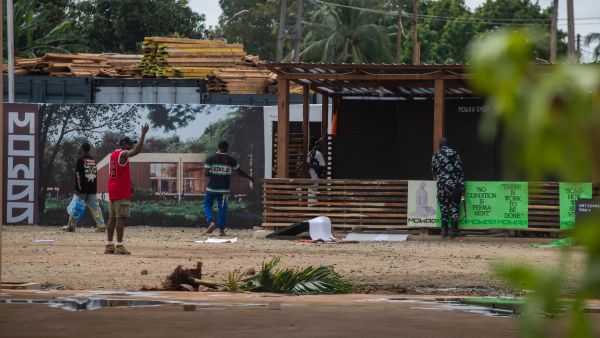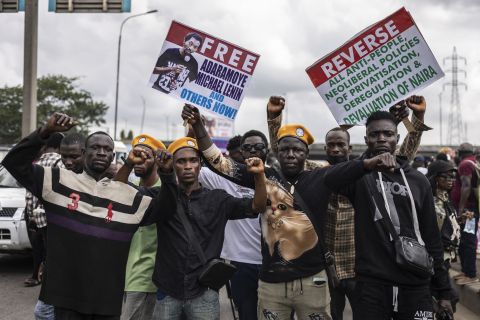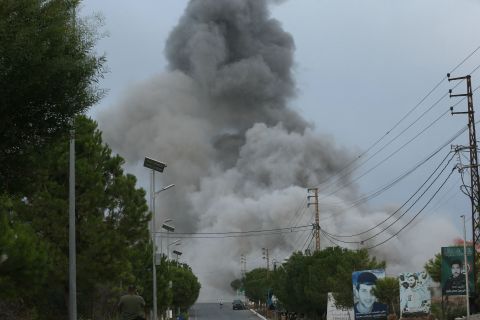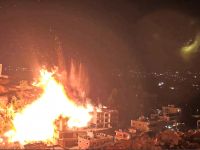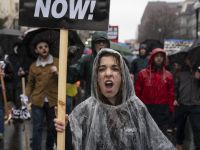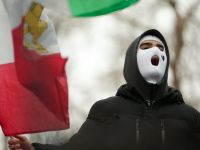ALBAWABA- Middle Belt over the past week, as herder militias and farming communities clashed over land and resources in Benue and Plateau states. The bloodshed has displaced thousands, deepening an already dire humanitarian crisis.
Security forces deployed additional troops on Sunday, yet reports of arson, cattle raids, and retaliatory attacks continued to emerge from remote villages. The Red Cross warned that the unrest could trigger acute food shortages, with farms destroyed and access to aid severely restricted.
The conflict, rooted in decades-long disputes between predominantly Christian farmers and nomadic Fulani Muslim herders, has intensified due to climate change, population pressures, and ethnic mistrust.
Local monitors estimate that more than 1,500 people have died in similar clashes since January 2025. Critics accuse President Bola Tinubu’s government of favoring herders and neglecting rural communities, though analysts caution against framing the crisis in purely religious terms, describing it instead as a “resource war turned ethnic.”
The violence drew global attention after U.S. President Donald Trump vowed “guns-a-blazing” intervention to defend “cherished Christians” from what he called “radical Islamist attacks,” in a November 2 post on Truth Social.
His remarks, amplified by evangelical allies, spurred the U.S. State Department to re-designate Nigeria as a “Country of Particular Concern” and explore limited drone support for counterinsurgency operations.
President Tinubu condemned Trump’s comments as “misguided and inflammatory,” rejecting any suggestion of U.S. military involvement. In a televised address on Friday, he welcomed counterterrorism cooperation but warned that foreign intervention would “ignite chaos” and undermine Nigeria’s sovereignty.
Protests erupted in Lagos and Kano over the weekend, with demonstrators denouncing “neo-colonial interference” and urging African-led mediation.



